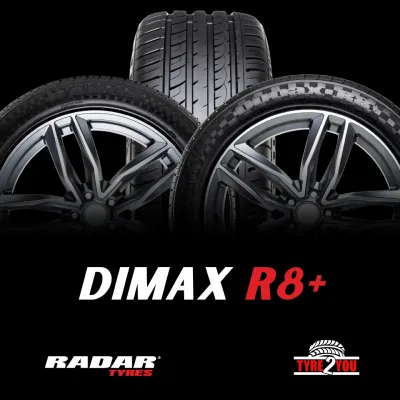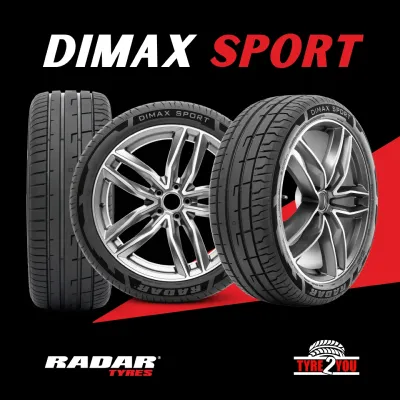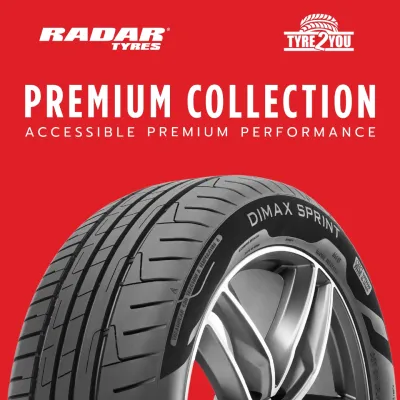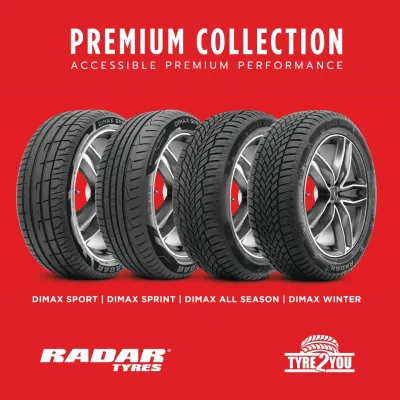Although some people may not take much notice of their tyres, it is important that people realize the difference between the tyres on vehicles. There are many distinct factors that separate van tyres and car tyres, and we will look to outline the main differences that you might not have ever thought about. So, if you were ever thinking about putting car tyres on your van (or vice versa), then you should think again. Here are some of the primary areas of the difference between the two. If you have any questions call please Tyre2you on 01761 568118 and we can talk you through the correct choice of tyre or visit our website at www.tyre2you.co.uk
Strength and durability
To the untrained eye, van and car tyres may look the same, however, closer inspection will indicate many subtle variations in their strength and durability levels. For starters, van Tyres are manufactured to be able to withstand harsher conditions and more uneven road surfaces. As vans are popular in the construction and transport industry it makes sense that their Tyres are more resistant to dust, rocks, gravel, and even off-road terrain. Van Tyres will undergo a lot more as they tend to transport heavier loads, so they are designed with resilient quality and a reinforced sidewall to withstand the strain. You may notice that many van Tyres are described as Reinforced (RF) or Extra Load (XL). This indicates their extra-strong sidewall, higher load capacity and higher Tyre pressure. Car Tyres are not designed to withstand the same strength levels and are unable to perform well under the same pressure.
Different designs
It might sound obvious, but the main difference between cars and van Tyres is their design and function. As previously mentioned, vans and similar commercial vehicles are designed to withstand a much more rigorous and pressurized work environment – and their Tyres are designed accordingly. Even though ‘RF’ and ‘XL’ models are reinforced car Tyres, ‘C’ models are van-specific Tyres, used exclusively on vans to help support extremely heavy loads. ‘C’ Tyres are manufactured to withstand abrasive road surfaces without wearing down too quickly, which proves why they are excellent for driving on construction sites or off-road. They know that vans rack up high mileage due to their frequent use as work vehicles, so they must be designed with excellent longevity.
Stopping distances
It does not matter what vehicle you are driving, sometimes an emergency stop is necessary. This leads to the next difference between cars and van Tyres, their ability to stop when braking. Weather conditions make a difference in vehicles stopping distance, which is why car Tyres have multiple options. If you know you are going to be driving on slippery, wet roads quite often then winter Tyres are a suitable option. However, if you happen to be driving in mild conditions a lot, then summer Tyres would be the preferred choice for good braking.
On the other hand, van Tyres can be more complicated, as they are more likely to carry heavier loads and distribute their weight differently. You can browse our full range of van Tyres online www.tyre2you.co.uk or give us a call on 01761 568118 to see what suits your specific requirements.
Maintenance needs
Vans have a lot more requirements than cars when it comes to tyre pressure. The day-to-day life of a van is a lot different than a car, with loading and unloading goods, especially in a commercial setting. As a result, their tyre pressures will need to change too. Tyre pressure is something that many drivers are oblivious to until something goes wrong. Vans need to have their Tyres inflated and deflated to account for the increase and decrease in weight that they undergo in everyday use.
Book online at www.Tyre2you.co.uk or call us on 01761 568118









